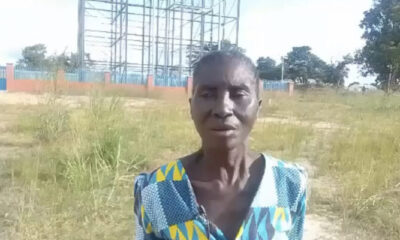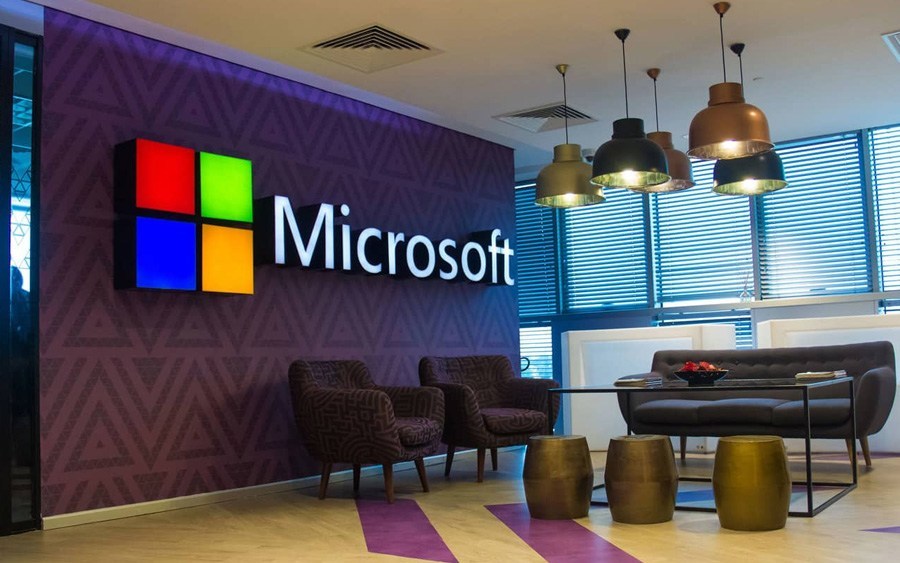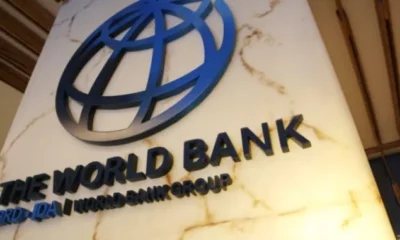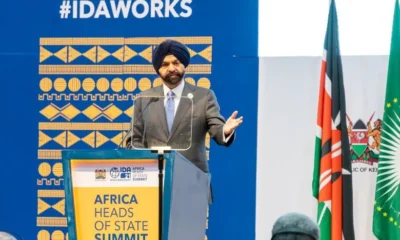An estimated 500 jobs are at risk following the decision of United States-based multinational technology giant, Microsoft, to close down its African Development Centre (ADC) located in Lagos, Nigeria.
Though no reason has been advanced for the impending closure of the ADC, industry experts say it may not be unconnected with the unfavourable economic policies of the President Bola Tinubu administration which has seen businesses suffer, while many foreign conglomerates have been forced to close shop and leave the country.
An inside source who pleaded anonymity, said Microsoft had in an internal memo, communicated to its members of staff on Monday about shutting down operations in Lagos.
“The affected employees would receive salary payments till June and continue to be covered by health insurance,” the insider said.
He added that the closure of the ADC will only affect Microsoft’s operations in West Africa but not its East Africa facility located in Nairobi, Kenya.
Microsoft had launched its $100 million African Development Centers initiative in 2019, establishing facilities in both Lagos and Nairobi.
In Nigeria, the tech giant hired more than 120 engineers when it was unveiled in 2022, and over the years, have growi its staff strength to more than 500 in total.
The company, in 2019, said it aimed to recruit 100 full-time engineers by the end of the year, and 500 engineers by the end of 2023 in its bid to tap into Africa’s innovation in fields like fintech, agritech and off-grid energy and hopes to tap into them.
“The ADC will be unlike any other existing investment on the continent. It will help us better listen to our customers, develop locally and scale for global impact,” Microsoft executive vice president, Phil Spencer, had said in Nairobi.
“Beyond that, it’s an opportunity to engage further with African partners, academia, governments and developers – driving impact and innovation in sectors important to Africa,” Spencer said.

 VenturesNow12 hours ago
VenturesNow12 hours ago
 Sports1 day ago
Sports1 day ago
 Tech1 day ago
Tech1 day ago
 Metro2 days ago
Metro2 days ago
































